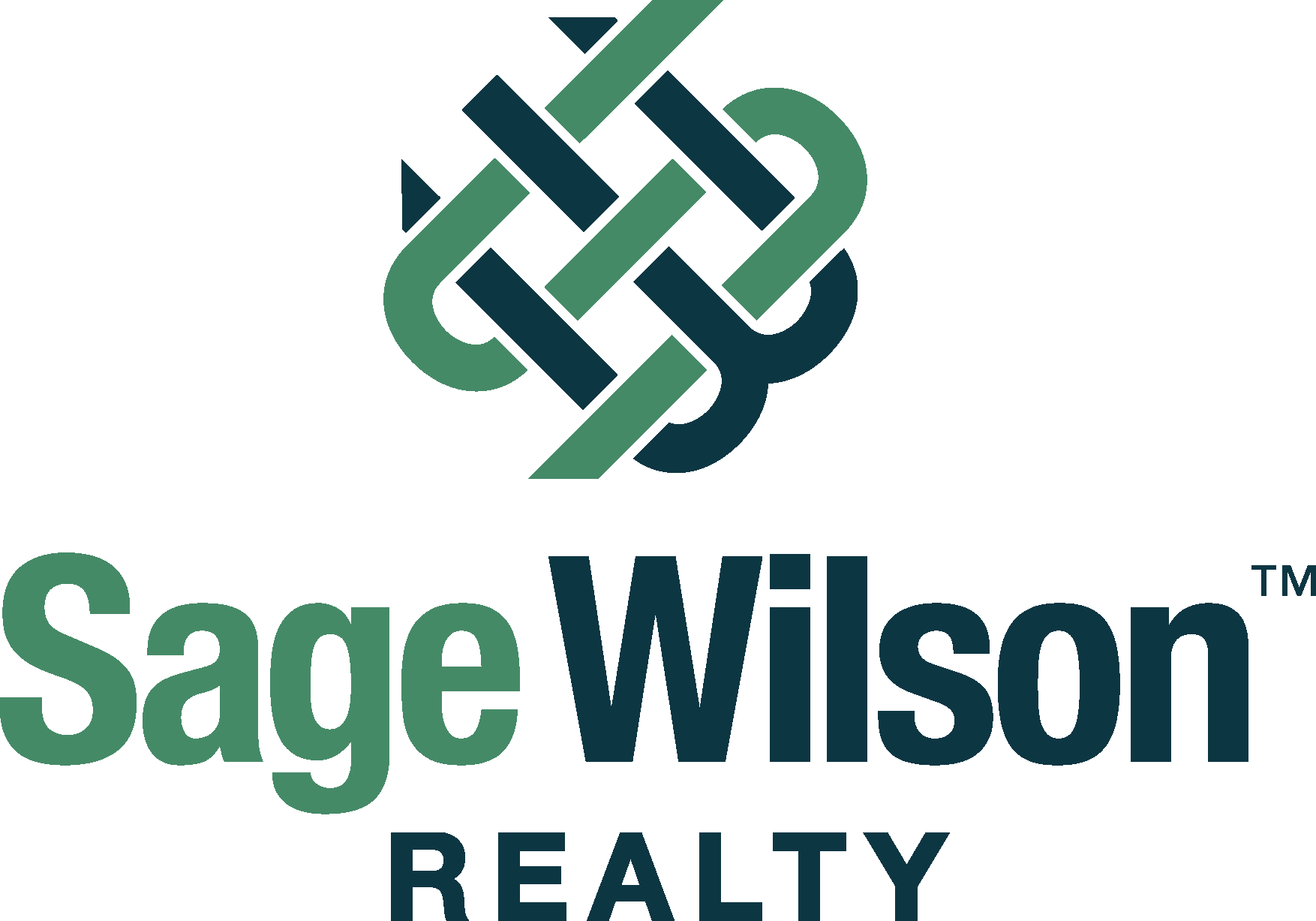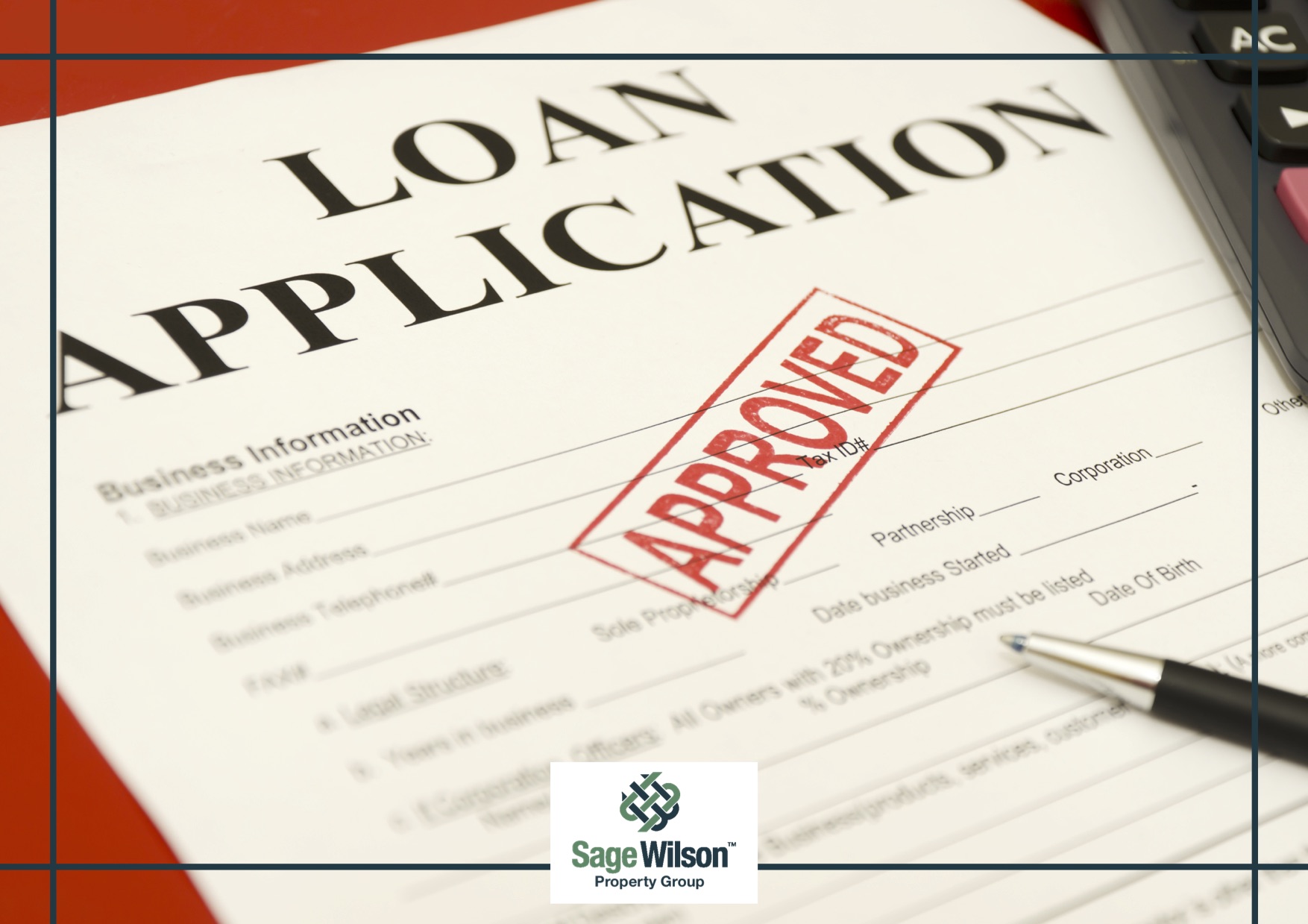In today’s real estate market, where buyers compete with several other buyers, some are trying to get an edge by forfeiting the home inspection. This can be a problem if the home has structural damage, as the buyer wouldn’t know about it until later. Whether you’re a buyer or investor looking to improve your already existing property, here is an introduction to home improvement loans. We’ll cover two home improvement loans in this blog post, and we’ll cover four in the next post later this month.
What is a Home Improvement Loan?
A home improvement loan is a loan or line of credit used for home repairs, ranging from structural damage to remodeling or adding energy efficiency to the home.
How Does It Work?
Home improvements loans can be financed with two types of debt: unsecured or secured.
Unsecured debt doesn’t require collateral, while secured debt does. Personal loans and credit cards are considered unsecured debt. When using unsecured, lenders will charge a higher annual percentage rate to balance the risk.
Secured debt requires collateral to insure the lender against loss if the borrower defaults on payments. Your car, mortgage, investments, or savings are all assets. Depending on their value, the lender, and loan type, they could be used as collateral.
Types of Home Improvement Loans
FHA 203(K)
This Federal Housing Administration home improvement loan is best for buyers wanting to rehabilitate damaged properties. If you love flipping houses, this is the home improvement loan that will help you finance the remodeling and renovations. This loan is unique because the loan covers the purchase of the property and its repairs. Typically, these would be two separate loans.
There are two types of 203(k) loans: standard and limited. The standard 203(k) loan is meant for significant repairs, and the limited is intended for minor renovations. Both loans have specific requirements and limitations. All repairs and upgrades have to be FHA-approved, and lenders must work with pre-qualified consultants and contractors.
Pro
- For older, damaged properties
- Low 3.5% down payment
- Fixed or adjustable rates
- Variable or adjustable low-interest rates
- Federally insured
- No income limit
- Renovations will increase the home value quickly
- Allows eligible cosigner
Cons
- Requires collateral
- If you have a credit score of under 500, you need more than a 3.5% down payment
- FHA approval throughout the entire process
- Origination and closing fees
- Repairs have to be on your primary residence
- Maximum loan limits depending on the state
- Not eligible for investment and commercial properties
- Not eligible for luxury upgrades like swimming pools
- DIY not allowed
FHA Title 1 Property Improvement Loan
This next FHA loan is suitable for homeowners with existing property and has poor credit and low equity. The Title 1 Property will help finance renovations for homeowners who don’t meet private lenders’ credit and equity requirements. The benefit of this loan is that it’s insured by the FHA, meaning the government will pay up to 90% of the loan if the borrower cannot repay it. The maximum loan amount is $60,000 and capped at 20 years.
This home improvement loan differs from the 203(k) loan because the restrictions aren’t as tight. The funds from this loan can be used on any permanent repairs to improve the house, like purchasing appliances, renovating non-residential structures like mobile and manufactured homes. Another difference between the two home improvement loans is the ability to DIY and hire contractors at your discretion.
Pros
- Government-backed
- No home equity required
- Low, fixed interest rates
- Fixed monthly payments
- No prepayment penalties
- No collateral for loans under $7,500
- Can combine with 203(k) loan
- Allows eligible cosigner
Cons
- Requires FHA-approved lender and appraisal
- Loans over $7,500 require collateral
- There are maximum loan limits
- Origination and closing fees
- Repairs have to be pre-approved
- Excludes temporary repairs or luxury upgrades, like swimming pool
If you need help renovating your rental or home, contact us! Reach out to us anytime at info@sagewilson.com or (512) 828-7074.





